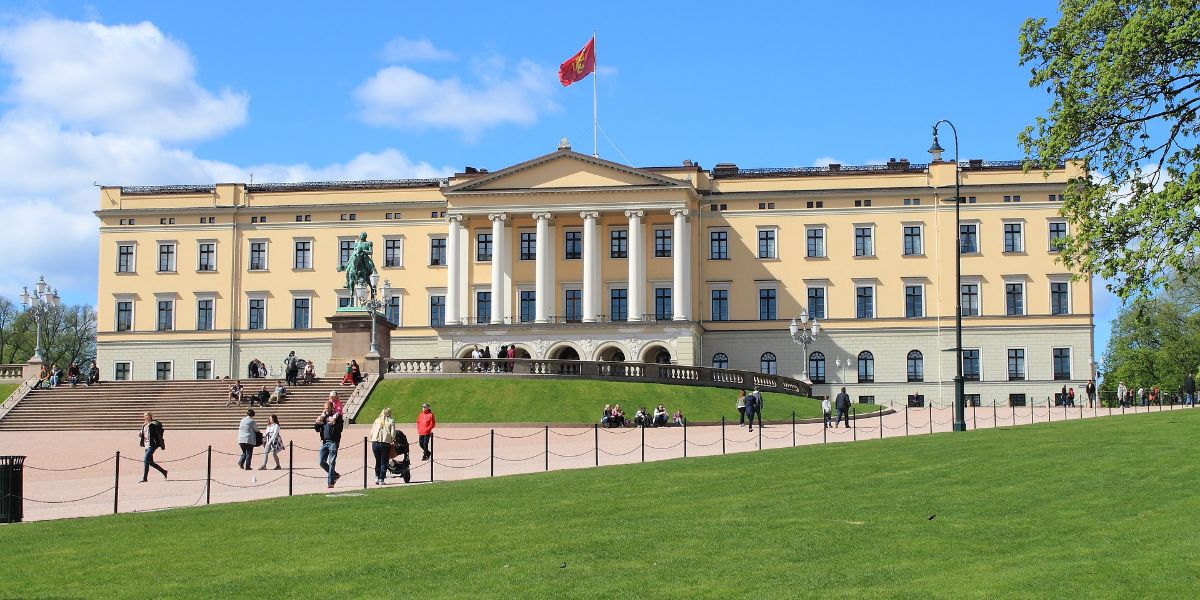Norway’s economy has been hit by the fall in oil prices and a decline in offshore investment. The mainland growth fell to 1% in 2015 with a fall in private investment offset by growth in household consumption, an expansionary fiscal policy and an increase in export of traditional goods. The IMF expects economic growth to remain around 1% in 2016 and to recover in 2017 with a gradual upturn in oil prices.
The 2011 pension reforms have resulted in higher labor force participation from older workers in the private sector and the IMF considers that public sector pension reforms should be completed along similar lines. The IMF has welcomed recent changes to the system of disability benefits to enhance incentives to work and pilot programs for measures to enforce activity requirements for sickness benefits. Further reforms to sickness and disability benefits would help maintain labor force participation despite the aging population and would relieve pressure on the welfare system.
Tax reforms should aim to shift the burden of taxation away from labor and corporate income and more towards property and consumption. Reduction of tax incentives for housing would help to channel new investment to more productive sectors including non-oil related trade. The recent tax reform has reduced the corporate tax rate and the marginal personal tax rate but Norway has not implemented a shift to taxes on property. However the IMF considers that the recent political agreement for additional decreases in personal and corporate income tax rates will if implemented be a step in the right direction.













